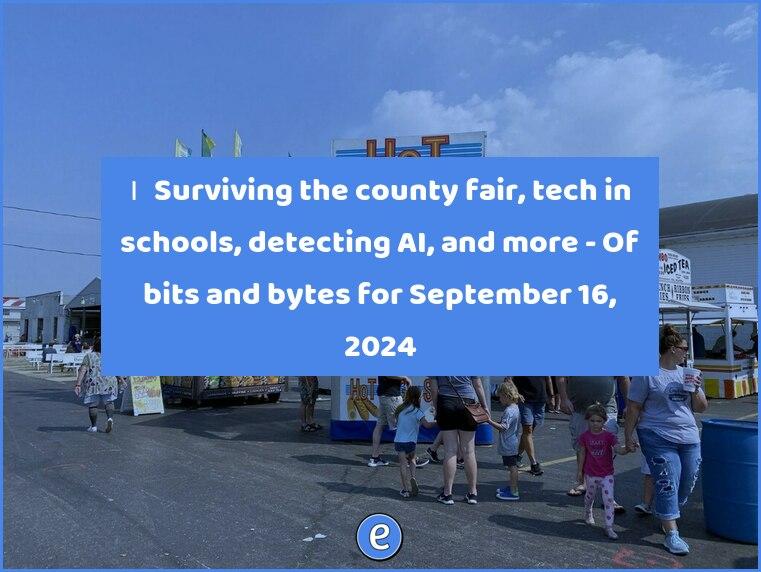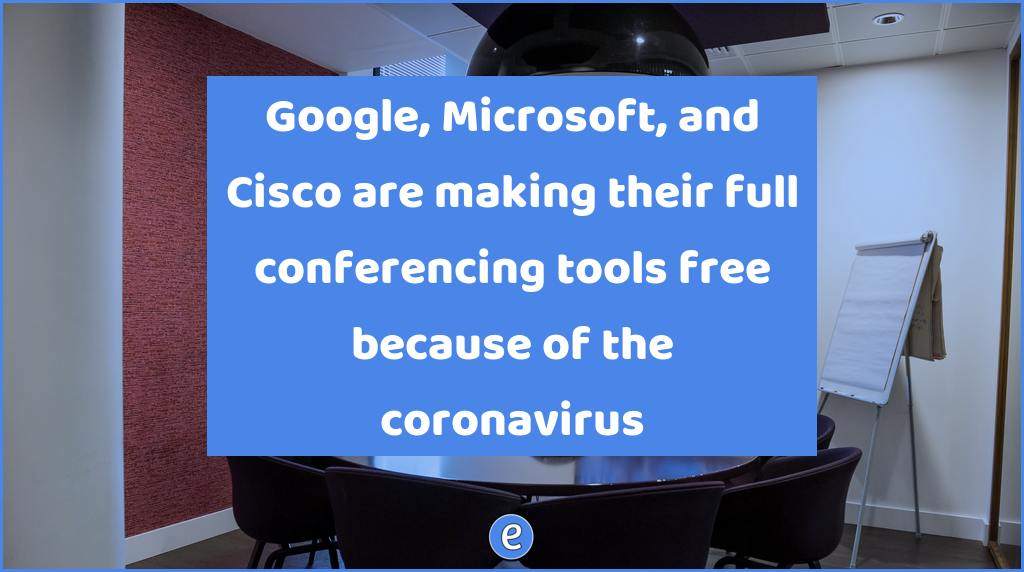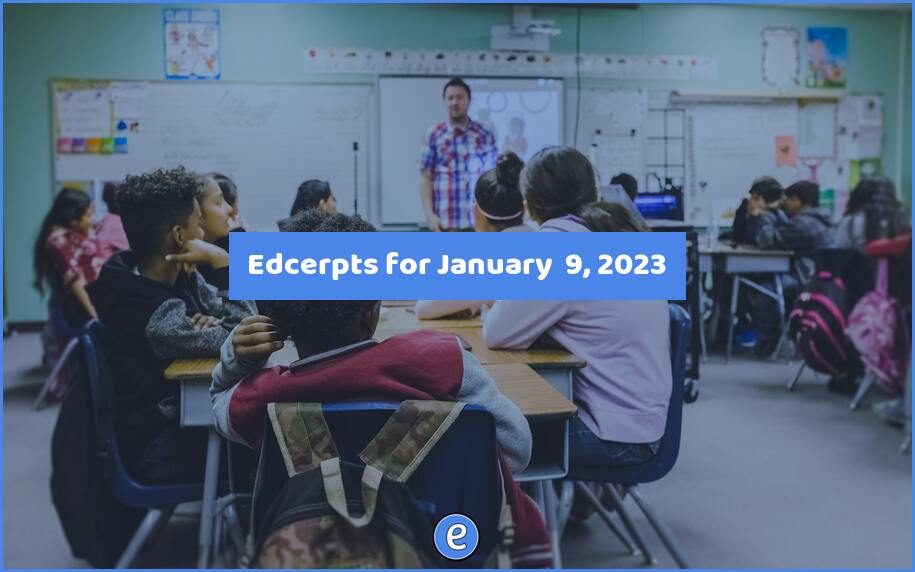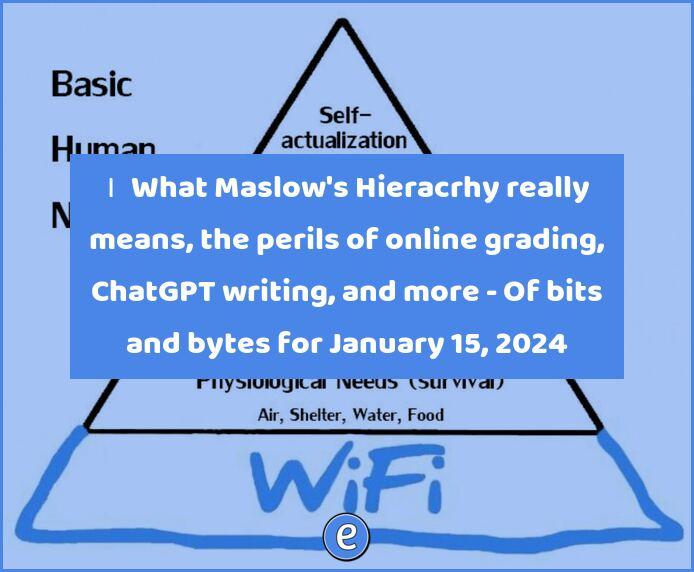🙋♂️ Surviving the county fair, tech in schools, detecting AI, and more – Of bits and bytes for September 16, 2024
Internet Travels
Of bits and bytes is my weekly round up of interesting links and ideas I discovered on the internet. It is published on Mondays for the previous week
I survived the county fair, eating everything from walking tacos to deep fried tenderloins. Going along with the deep fried motif, the fried Snickers and fried cheesecake were really good.
This is the second year I’ve ran a vintage electronics booth, where passerbys can relive the Oregon Trail on an Apple IIgs and print out a flyer with Printshop.

One of the surprising responses is the complaints from the teenagers about the whine from the CRTs. It’s something most of them have never heard before.
Learn21 is a proud sponsor of Eduk8me and the Of Bits and Bytes newsletter. Read more about their mission at Learn21.
Apps
In her article, Emily Cherkin highlights the overwhelming challenges posed by the rampant use of technology in schools.. She recounts her daughter’s frustrating experience with a sluggish school-issued laptop, which transformed an exciting science assignment into a stressful ordeal. This epitomizes the “madness” of modern education’s all-or-nothing approach to EdTech, where students are often required to complete assignments digitally despite technological limitations. Cherkin calls for a more balanced and intentional approach to technology, urging educators and parents to advocate for tech-free or tech-reduced educational environments that prioritize human connection and critical thinking over mandatory screen time.
- Google Gemini: Video Maker (in Google Drive)
- ChromeOS just copied one of Windows 11’s best features – The Verge
Pedagogy
When stepping into the digital classroom realm, here are a few tricks to make those virtual encounters meaningful. First, give your videos some personality—your students won’t get to see you in person, so let them see the flair of your expertise and what makes your subject exciting. Then, try some computer-graded practice quizzes. They will help your students nail down the basics. Also, don’t shy away from open-ended projects where quality matters more than pinpoint accuracy.
John Spencer’s article paves the way for educators to begin using AI tools in their classrooms by highlighting seven essential questions to ponder. These questions focus on ensuring that AI enhances learning tasks, supports rather than replaces critical thinking, aligns with cognitive science, adapts to industry changes, addresses ethical implications, considers developmental appropriateness, and encourages responsible use. Rather than a one-size-fits-all policy, Spencer emphasizes contextual flexibility and ethical responsibility while fostering curiosity and critical thinking in students.
Technology
In a study by the University of Pennsylvania, Turkish high school students using ChatGPT to help with math practice surprisingly performed worse on a subsequent math test compared to those who tackled problems without AI aid. It seems the students preferred asking ChatGPT for answers rather than working through the problems themselves, leading to less skill development. Even a souped-up version of ChatGPT acting as a tutor didn’t boost test scores, although it did assist with practice problems.
In a recent Australian government trial, AI models fell short in summarizing documents effectively compared to humans. The trial found AI summaries lacking in context and failing to capture subtle nuances, often being wordy and missing essential or including incorrect information. While the current AI models were judged poorly across various metrics, the study acknowledged its limitations, including a short optimization period and the use of an outdated model.
Tips
While A.I. might seem like the latest villain in the saga of student cheating, recent findings suggest that only a small percentage of papers are heavily dependent on it (Archive). In fact, the cheating game hasn’t changed much with the introduction of A.I.; students used to scribble answers on graphing calculators, and now they might consult ChatGPT. Teachers, though, appear a tad more suspicious.
Teachers are having a tough time catching students who let chatbots like ChatGPT do their homework, as even the fanciest commercial AI text detectors aren’t cutting it. Researchers, like Chris Callison-Burch from the University of Pennsylvania, who studied these tools, found that they often fail to spot AI-generated content and can even mistakenly flag human writing.
- 3 Chrome updates to help you stay on top of your tabs
- Professor finds way to see if students used AI to cheat
- How to identify an AI-generated essay | Vox
Pop Culture
Fun is the secret sauce for workplace success. Incorporating fun at work isn’t just child’s play; it’s a scientifically-backed strategy that boosts employee morale, productivity, creativity, and job satisfaction. Dopamine production ramps up when we’re having fun, enhancing our ability to learn, solve problems, and be innovative. How fun is your classroom? Your school? Your district?
- Is accidentally stumbling across the unknown a key part of science? | Ars Technica
- [Teen Girls’ Brains Aged Rapidly During Pandemic, Study Finds – The New York Times](https://www.nytimes.com/2024/09/09/health/teen-brains-pandemic-girls.html https://archive.ph/QQcBQ)
Potpourri
Roald Dahl’s 1953 story “The Great Automatic Grammatizator” sparks a discussion on whether AI can ever truly create art (Archive). Ted Chiang explores this theme by highlighting that art, whether it’s writing or visual creation, requires numerous individual choices. AI, while capable of generating content, lacks the nuanced decision-making process inherent in artistic creation, typically relying on averaging existing works or mimicking distinct styles, which results in art that falls short of human uniqueness and expressivity.
Extra Credit
Here are extra links that I found interesting that may or may not be education related or interesting to you and I didn’t want to lose them.
Thank you!
Major props if you’ve made it this far, you are a rockstar! Feel free to contact me with questions, ideas, concerns, or your thoughts on the next Marvel movie. In fact, I love to discuss about any topic and then wonder how it intersects with education, so fire away!
“Yesterday is history, Tomorrow is a mystery, but Today is a gift. That is why it is called the present.” – Oogway, Kung Fu Panda

By design, the vast majority of Of Bits and Bytes readers never pay anything for the links, commentary, and tips it provides. But you made it all the way to the end of this week’s edition — maybe not for the first time. Want to support more journalism like what you read today? If so, click here.
Be sure to subscribe to my YouTube channel and join your fellow educators on the Eduk8me email list!





